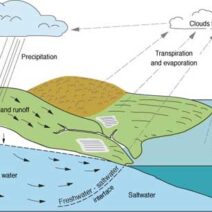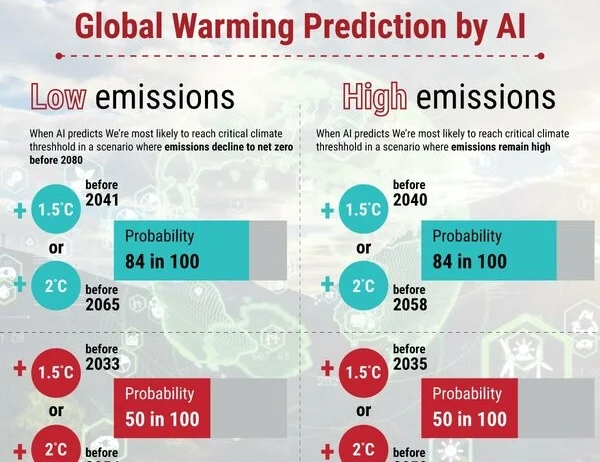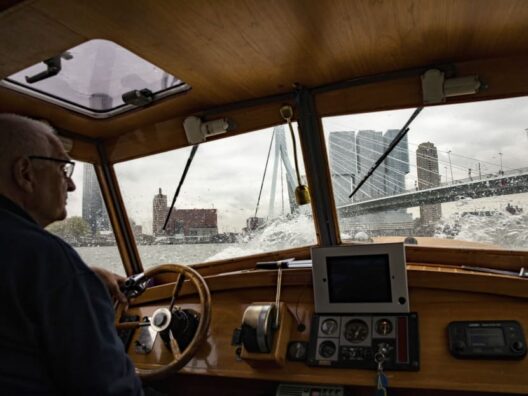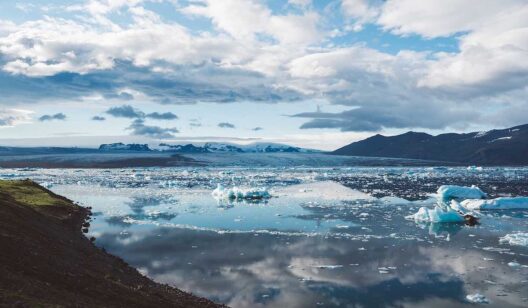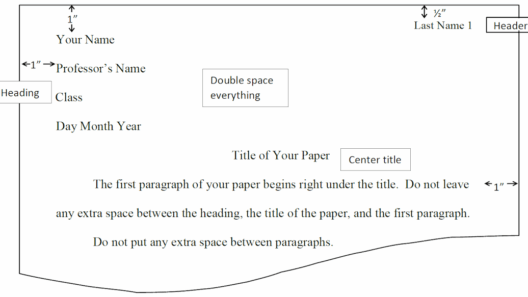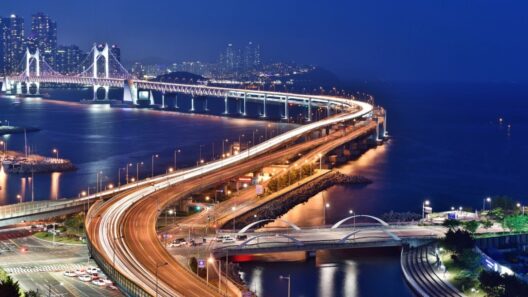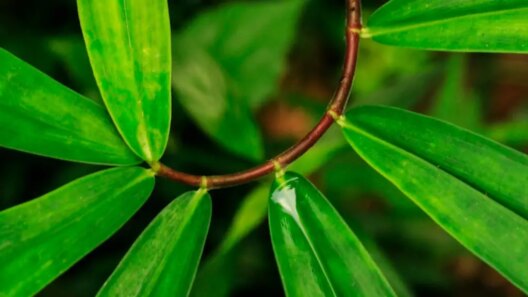Brazil, often characterized as the lungs of the Earth, is at a climactic crossroads that evokes the image of a diverging river—one path leading to potential despair and the other, albeit narrow, to rejuvenation. This megadiverse nation, home to the Amazon Rainforest, stands as a critical battleground in the fight against global warming. The ramifications of this sinister climate phenomenon seep into the intricate fabric of Brazil’s ecosystem and human life, making it an urgent focal point for environmental discourse.
With over 60% of the Amazon Rainforest nestled within its borders, Brazil harbors an unparalleled biodiversity. This arboreal tapestry sustains millions of species, including myriad plant and animal life found nowhere else on Earth. However, as global warming exacerbates weather patterns, the delicate balance of this ecosystem teeters on the precipice of irreversible change. The fluctuating climatic conditions manifest as erratic rainfall, prolonged droughts, and intensified heat, creating a paradoxical struggle wherein the riches of biodiversity face both natural and anthropogenic threats.
Recent years have witnessed a harrowing increase in deforestation. Instead of being cradle to a vibrant biosphere, parts of the Amazon are morphing into a graveyard of trees stripped bare for agriculture, logging, and urban expansion. The loss of forest is akin to striking a death knell for countless species—each fallen tree represents not just lost wood but a lost home, a bridge to extinction for many. These depletions release vast quantities of carbon dioxide into the atmosphere, further aggravating global warming while crippling the region’s ability to absorb existing atmospheric carbon.
The plight of indigenous communities adds another layer to this multifaceted crisis. The traditional way of life for these groups is intricately woven into the Amazon’s ecological health. Many tribes possess profound knowledge of sustainable practices that have thrived for centuries. Yet, as their lands are encroached upon, cultural erosion accompanies ecological degradation. These communities stand at the frontline, bearing witness to the changing climate while advocating for the preservation of their habitat. Their voices echo the timeless wisdom of stewardship, a plea for a global audience to embrace sustainable practices and ecological respect.
On the horizon, climate change looms ominously, casting shadows over Brazil’s agricultural sectors. The nation is a significant player in global food production, but shifting climatic conditions threaten its agricultural productivity. Coffee, soy, and sugarcane—staples of Brazilian agronomy—are succumbing to persistent fluctuations in weather patterns. Higher temperatures and unpredictable rainfall patterns disrupt planting and harvesting cycles. Such agricultural instability not only jeopardizes local economies but reverberates through global food supply chains, illustrating the interconnectedness of climate issues transcending borders.
The Preservations of the Amazon is thus vital not only for Brazil but for the entire biosphere. As a carbon sink, it holds the potential to balance atmospheric emissions if meticulously managed. Renewable energy strategies, such as harnessing wind and solar power, present promising alternatives to fossil fuels, potentially propelling Brazil towards a sustainable future. Transitioning to cleaner energy sources can diminish greenhouse gas emissions while paving the way for innovative economic growth.
The Brazilian response to these environmental challenges exposes a spectrum of governance. Various policies have emerged, promoting reforestation and sustainable land uses, yet their implementation remains marred by inconsistencies and corruption. The regressive push for immediate economic growth often eclipses long-term sustainability goals. Thus, an urgent reevaluation of priorities is requisite; aligning economic incentives with environmental integrity may serve as a crucial fulcrum for the country’s future.
Brazil stands at the intersection of hope and despair in the global climate narrative. The nation embodies an intrinsic duality—endowed with immense natural beauty and the potential for ecological devastation. As the world looks on, the actions of the Brazilian government, corporations, and its citizens wield profound implications. The stubborn continuation of environmentally destructive practices paints a bleak picture, while the embrace of sustainable development heralds a new dawn for both humanity and nature.
Notably, grassroots movements have gained momentum, uniting individuals and communities in the crusade for climate justice. These collective efforts, ranging from local conservation projects to international advocacy, signify the burgeoning awareness among the populace. Hope, however fragile, fuels the pathway towards environmental stewardship. Each act of preservation, every tree planted, breathes life back into the narrative of resilience, reinforcing the idea that collective action can tip the scales toward sustainability.
As Brazil navigates this perilous journey through climate change, it serves as a microcosm for the larger global challenge. The interplay between conservation, sustainability, and socio-economic development presents a complex puzzle that requires innovative thinking and unwavering commitment. The choice is stark: succumb to the creeping tide of environmental degradation or seize the moment to fortify the natural world, ensuring a legacy that transcends generations. Brazil’s decisive actions today will echo through the corridors of time, determining not only the fate of its own diverse ecosystems but also the health of the planet as a whole.
Time is of the essence, and the veracity of Brazil’s climate crossroads cannot be overstated. As branches of resolve intertwine with the roots of despair, the call to action is ringing louder than ever. Now is the moment to act, to educate, and to inspire—not just for Brazil, but for a sustainable future shared by all.

